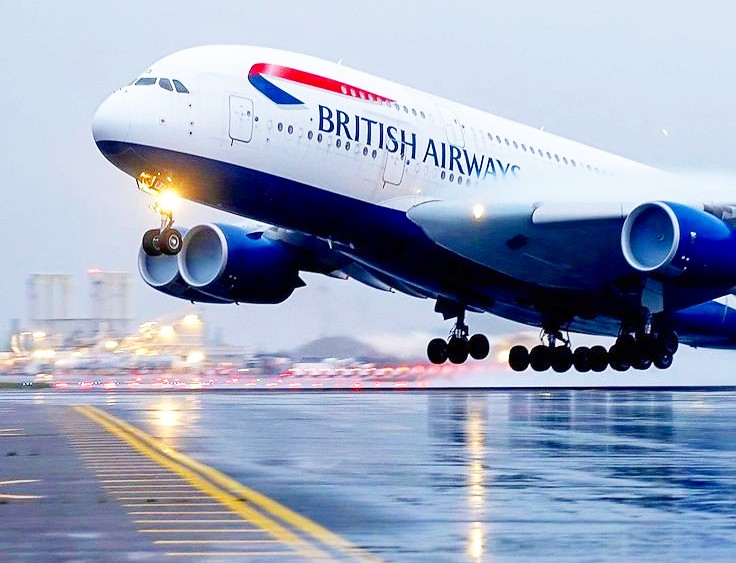
Shortly after departure at 2:11 PM on July 16, 2025, British Airways Flight BA2203, a Boeing 777-200 headed for Cancun from London Gatwick, encountered a significant issue. Toxic odors in the cabin, which passengers and crew described as smelling like “old socks,” caused nausea and dizziness.
The pilots opened the cockpit windows for ventilation, put on oxygen masks, and declared a complete emergency. At 3:29 PM, the plane successfully returned to Gatwick after circling London for 45 minutes to burn fuel. The plane was greeted by emergency personnel, and a number of the crew and passengers needed medical attention.
Passengers were rescheduled for a another flight the next day after the flight was canceled. A “technical fault” was the cause of the event, and British Airways expressed regret for the inconvenience. The aircraft and runway were inspected for risks and the UK Civil Aviation Authority and Air Accidents Investigation Branch were alerted.
American Airlines Has An Exclusive Air Travel Rights For The 2026 FIFA World Cup
This incident exacerbates already-existing worries about airplane cabin air quality. Previous investigations, like as the 2015 investigation into the death of British Airways pilot Richard Westgate, have brought attention to the possibility that organophosphate compounds in cabin air could pose health hazards, a condition known as “aerotoxic syndrome.”
Although it cannot be completely ruled out, the Civil Aviation Authority has noted that independent research have not found a definitive link between cabin air pollutants and long-term health impacts.





